|
Here's more from my audio-book creation series. This time, professional voice artist Ray Greenley talks about doing it yourself, how long it will take and what kit you'll need. Over to Ray ...
In previous posts I talked about platforms (ACX), pricing, and sourcing and evaluating a professional voice artist for your audio book.
I know what you're thinking – 'There’s another option you’re not telling me about on purpose … I could avoid all these issues and just record my book myself!’ Yes, that’s true. You could. Okay … are you sure? I mean, REALLY sure? Because producing an audio book does take quite a bit of work. As a rule of thumb, a producer who knows what they’re doing will generally spend about six hours working to produce a single hour of finished audio. So if your audio book ends up being about 10 hours long, that means you could expect to spend about 60 hours working to produce it once you’ve invested the time in learning how, and the money in the equipment you’ll need. You'll need the following equipment (I'll go into more detail below):
There are some decent microphones that plug directly into your computer via USB, but generally you’ll get a better sound with an XLR microphone and a preamp.
Also, vitally, you’ll need a good space to record in. It should be quiet with plenty of sound-absorbing material in it to make the space sound as ‘dead’ as possible.
A walk-in closet can do the trick in a pinch, although chances are you’ll need some additional sound treatment to really get it acceptable. By the way, if you live in a busy area with a lot of traffic or other outside noises that you can hear from your space, then your space is no good unless you can somehow insulate against all those outside noises or are willing to record in the middle of the night when (hopefully) things are quiet. More on preamps and recording software Okay, well if you’re really on a budget, you can record using Audacity, which is free recording software. It has some solid tools and can do what you need. If you’re willing to invest some money, you can get some reasonably priced software that can do a bit more. I use Studio One Artist from Presonus, and I know some other narrators work well with Reaper. Both of those programs can be had for less than $100. There are many others as well.
For the preamp, there are some good options at a reasonable price. I currently use a Focusrite Scarlett 2i2, but I’m looking forward to upgrading to a Presonus Studio 2|6 soon.
Another reasonable option would be the Presonus AudioBox USB. One of the nice perks to getting one of the Presonus preamps is that it includes the recording software I mentioned earlier, Studio One Artist. Once again, there are lots of other options, many of which would probably be sufficient for your needs. The big question, the microphone So I can tell you that I use a Shure KSM32 and it works well for me. I’m pretty fortunate that I can sound good on such a relatively inexpensive microphone (US$499+).
Unfortunately, there’s absolutely no way to know if YOU will sound good on it, too.
Microphones really are very personal tools. One that works great for me might be terrible for you, and vice versa. Your best bet is to try several out and see what works well. The easiest way to do that is to find a specialty store that sells them; the store will often let you try some out before you buy because they’re aware of the difficulty in matching the microphone to the voice. ‘Okay, so once I’ve that all set up I’m good to go, right?’ So … no, not nearly. You still need to learn how to USE all that stuff, which takes a lot of time and effort.
I know this isn’t a surprise coming from me, but I think you’ll REALLY want to consider carefully when it comes to narrating your own book.
If you think you might really want to get into narration and put in the time and energy to learn how to do it right, then have at it. It’s very challenging work, but also very rewarding. There are very few people who have the right talents to be both a writer and a narrator, let alone have the time to train and use both sets of skills. My hat’s off to you! However, if you’re thinking you want to record your own book because you just want to try to save some money over paying a narrator to do it, or hoping to avoid the work of finding a good narrator who’ll take your book on as a Royalty Share project … please don’t. I promise it’ll take time you’d probably rather spend writing, and the chances of it really being a high-quality production are not great (no offence). In the long run, I’d bet it will cost you more than you’ll save, one way or another.
Next time we'll be looking at distribution, briefing the artist, and evaluating the first 15 minutes. Until then, thanks for reading!
Resources
Contact Ray Greenley Website | Facebook | Twitter
To read the 26-page primer in full now, visit the book's page: Audio-Book Production.
Louise Harnby is a fiction copyeditor and proofreader. She curates The Proofreader's Parlour and is the author of several books on business planning and marketing for editors and proofreaders.
Visit her business website at Louise Harnby | Proofreader & Copyeditor, say hello on Twitter at @LouiseHarnby, or connect via Facebook and LinkedIn. If you're an author, you might like to visit Louise’s Writing Library to access my latest self-publishing resources, all of which are free and available instantly.
0 Comments
Your comment will be posted after it is approved.
Leave a Reply. |
BLOG ALERTSIf you'd like me to email you when a new blog post is available, sign up for blog alerts!
TESTIMONIALSDare Rogers'Louise uses her expertise to hone a story until it's razor sharp, while still allowing the author’s voice to remain dominant.'Jeff Carson'I wholeheartedly recommend her services ... Just don’t hire her when I need her.'J B Turner'Sincere thanks for a beautiful and elegant piece of work. First class.'Ayshe Gemedzhy'What makes her stand out and shine is her ability to immerse herself in your story.'Salt Publishing'A million thanks – your mark-up is perfect, as always.'CATEGORIES
All
ARCHIVES
July 2024
|
|
|
|


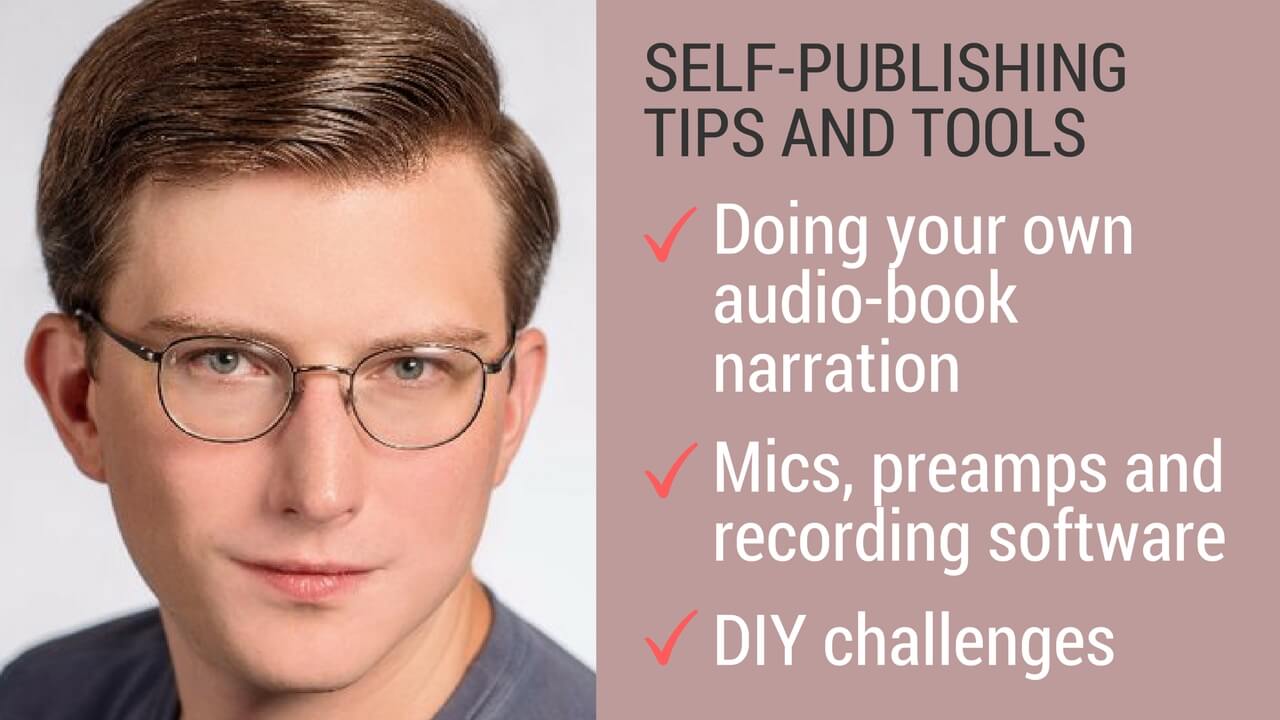
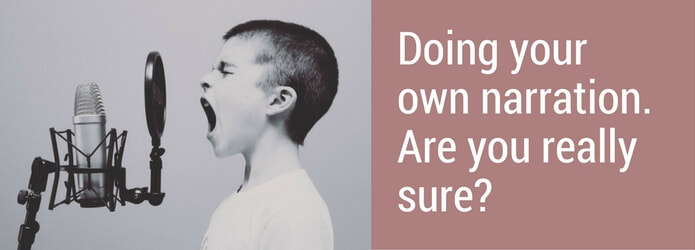
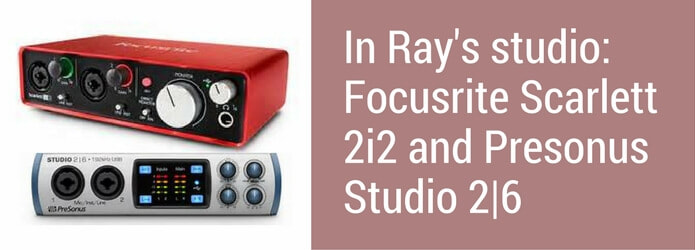
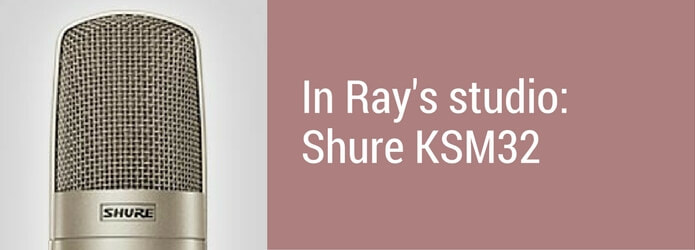
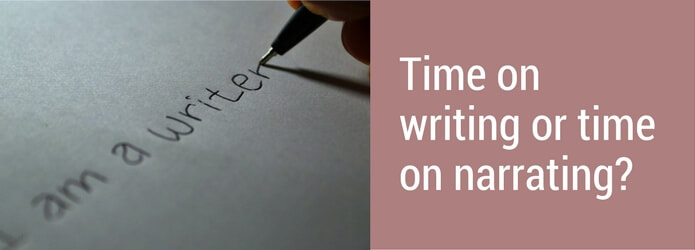













 RSS Feed
RSS Feed





